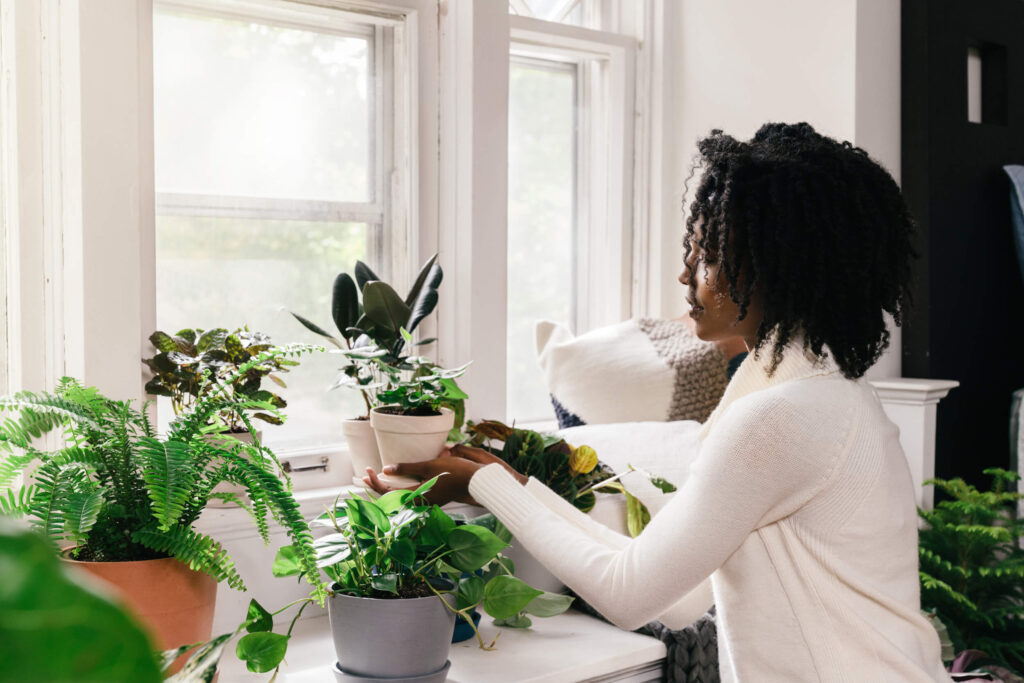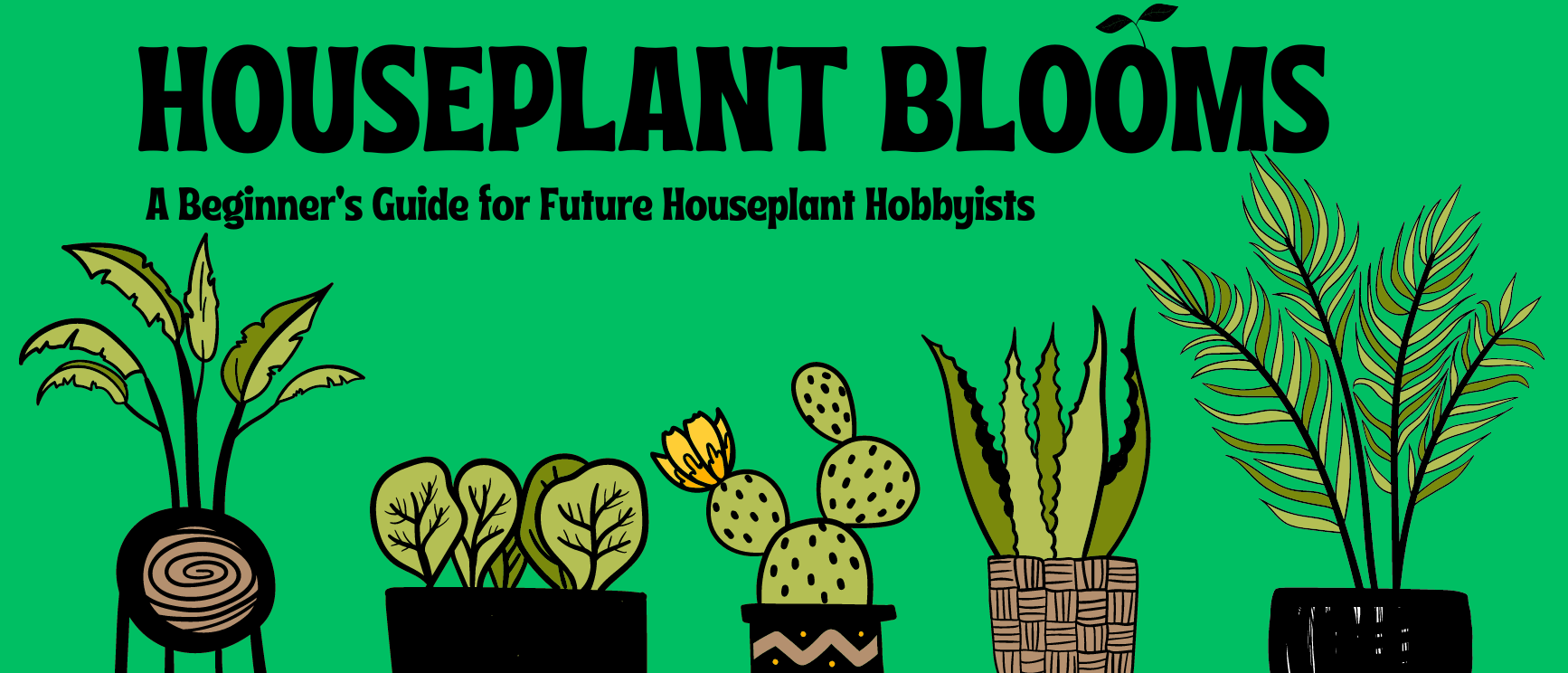Houseplants and Mental Health
In today’s fast-paced and technology-driven world, finding moments of calm and tranquility is essential for overall well-being. Houseplants and mental health are connected in more ways than you might think. Often underestimated in their therapeutic potential, houseplants play a significant role in promoting mental health and enhancing quality of life.
Research shows that exposure to nature, even in the form of indoor plants, has a positive impact on mental health. The presence of greenery in our living spaces can evoke feelings of relaxation, rejuvenation, and connection with the natural world. Houseplants are natural air purifiers, filtering out toxins and improving indoor air quality, positively impacting our physical and mental well-being.
Houseplant Therapy to Improve Mental Well-Being
Similar to gardening therapy, houseplant therapy uses gardening and plant-related activities to improve physical, mental, and emotional well-being. Houseplant therapy involves creating nurturing indoor environments to promote relaxation, reduce stress, boost mood, and enhance overall quality of life. You can also try growing indoor herbs renowned for their calming and stress-relieving properties, like lavender or lemon balm.
The concept of houseplant therapy is rooted in the biophilia hypothesis, which suggests that humans have an innate connection with nature and benefit from interactions with natural elements. Houseplant therapy harnesses this connection by integrating plants into indoor spaces and leveraging their calming, healing, and rejuvenating properties.
Houseplant therapy allows individuals to reconnect with nature, even in urban or indoor settings. It’s perfect for those who are unable to regularly access natural spaces. For this reason, houseplant therapy played a significant role in supporting mental health and well-being during the COVID-19 pandemic. Bringing nature indoors can counteract the effects of “nature deficit disorder” and instill a sense of connection with the planet.

Houseplants also offer opportunities for creative expression and personalization of living spaces. Choosing and arranging plants, creating plant displays, and caring for unique plant varieties can be a form of self-expression and creativity.
Mindfulness, Presence, and Emotional Balance
Plant care activities encourage mindfulness and present-moment awareness. Individuals are fully engaged in the task at hand when tending to plants, , focusing on the sensory experience of touching soil, smelling plant fragrances, and observing plant growth. This mindful approach can help reduce rumination, improve concentration, and enhance overall cognitive function.
Incorporating plant care into daily or weekly routines provides a sense of structure and purpose. Having responsibilities related to plant care, such as watering schedules or maintenance tasks, can create a sense of order and routine in one’s life. This structure can be particularly beneficial for individuals seeking a sense of control and stability.
